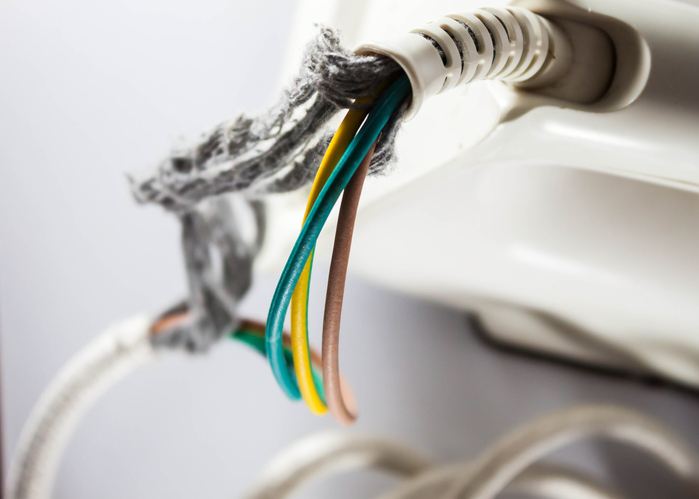Our appliances are crucial in simplifying our daily lives, and it’s incredibly frustrating when one stops operating. It is time-consuming and requires expenses for repairs or replacements. However, there are measures we can take to reduce the chances of such appliance-related issues. We can proactively safeguard our appliances by following safe and responsible electrical practices.
Continue reading to learn about common electrical mistakes that can harm your appliances and tips on avoiding them.
Overloading Circuits
Plugging too many appliances into a single outlet or circuit can lead to overheating and electrical fires. This can damage your appliances and pose serious safety hazards. To avoid this, distribute your electronic devices across multiple outlets and circuits. Consider using surge protectors to safeguard sensitive devices like computers and televisions.
Ignoring Electrical Maintenance
Neglecting electrical maintenance can harm your appliances over time. Faulty wiring, loose connections, and corroded outlets can disrupt the flow of electricity, leading to voltage fluctuations that may harm your devices.
Schedule regular inspections with a qualified electrician to identify and rectify potential issues before they cause harm. Regularly clean your appliances’ plugs and outlets to ensure proper electrical contact.
Operating Appliances with Wet Hands
Operating electrical appliances with wet hands is a potentially life-threatening mistake. Whenever water comes into contact with an active device, it can cause electrical shocks or even electrocution.
To avoid this, ensure your hands are dry when handling any electrical device. If the equipment becomes wet, unplug it immediately, let it dry thoroughly, and have it inspected by a professional before using it again.
Absence of GFCIs (Ground Fault Circuit Interrupters)
Not having Ground Fault Circuit Interrupters (GFCIs) in areas prone to moisture, such as kitchens, bathrooms, and outdoor spaces, is a significant safety lapse. GFCIs detect imbalances in electrical currents and shut off power when a ground fault occurs, preventing electrical shocks. Without GFCIs, you are at a higher risk of electric shock, especially in damp environments. Ensure you install GFCIs wherever necessary to enhance safety and compliance with electrical codes.
Leaving Small Appliances Plugged in During Inactivity
Leaving small gadgets plugged in when not in use is a common habit that can lead to several problems. It increases the risk of electrical fires, especially if the appliance has a faulty or frayed cord. Also, it wastes energy as appliances continue to draw a small amount of power when plugged in (known as standby or phantom power).
Unplugging small appliances when not in use reduces these risks, conserves energy, and lowers your electricity bills. Additionally, it extends the appliance’s lifespan by reducing wear and tear.
Overextending Electrical Cords
Stretching or overextending electrical cords to reach an outlet is a hazardous practice. It can cause the cord to tear or become damaged, increasing the risk of electrical fires and posing a safety hazard. Furthermore, stretching cords may lead to loose connections, voltage drops, and reduced appliance performance.
Always use extension cords of the appropriate length for the task at hand, and if you find yourself regularly needing longer cords, consider installing additional outlets. Proper cord management ensures safety, prevents accidents, and preserves the integrity of both the cord and the appliance.
Ready to take proactive steps for a safer and more efficient electrical environment? Kazar’s Electric Inc. provides expert guidance and solutions for all your electrical needs. Schedule an appointment, and we’ll help you keep your electrical system in top-notch condition.

